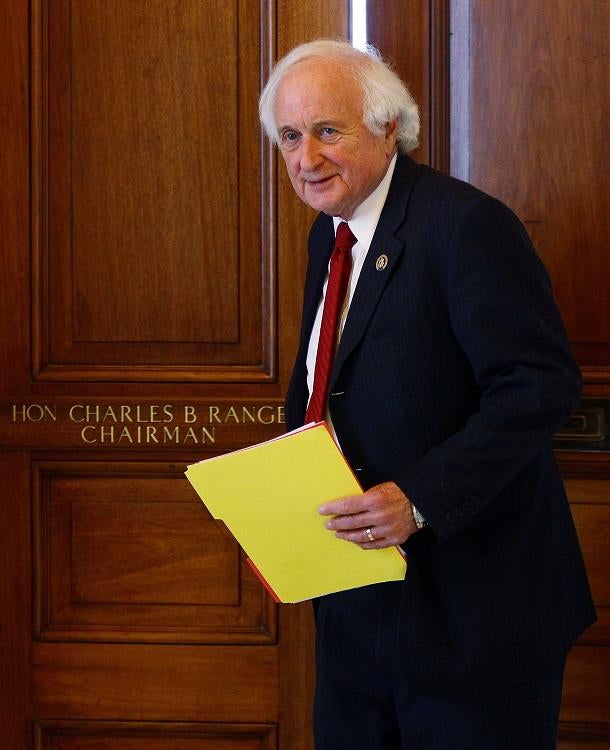Two million could lose jobless benefits unless Congress extends programme

More than 2 million Americans stand to lose their jobless benefits unless Congress reauthorizes federal emergency unemployment help before the end of the year.
The people in danger of having their unemployment checks cut off are among those who have benefitted least from the slowly improving job market: Americans who have been out of work longer than six months.
These workers have exhausted their state unemployment insurance, leaving them reliant on the federal program.
In addition to those at risk of abruptly losing their benefits in December, 1 million people would have their checks curtailed by April if the program is not renewed, according to lawmakers and advocates pushing to have the program extended.
"We cannot forget the human cliff looming for more than two million Americans scheduled to lose their economic lifeline during the upcoming holidays," Rep. Sander Levin, Mich., the ranking Democrat on the Ways and Means Committee, said in a statement.
The Emergency Unemployment Compensation program is just one component of the looming "fiscal cliff," a number of programs and tax breaks set to expire at the end of the year unless Congress comes up with an alternative.
Conservative lawmakers have raised concerns that continually extending jobless benefits is both an unmanageable burden on the federal budget and a disincentive for people to find work.
Many jobless Americans have come to depend on the benefits.
"I don't know what I would do without them," said Richard Crowe, 54, a Wintersville, Ohio, millwright who has depended on a $764 biweekly unemployment check since May, when the steel company he worked for closed and filed for bankruptcy. "I will probably have to try to sell my house just to stay above water."
Crowe, who made $84,000 a year before being laid off, said he has applied for around 100 jobs, but to no avail. "All I get back, if anything, are 'Dear John' letters," he said.
His plight is not unusual.
More than 5 million Americans have been out of work longer than six months — the limit for most state-funded unemployment insurance — though not all of them get jobless benefits. This group makes up 40 percent of the nation's unemployed, a share that has dropped little even as the jobless rate has inched down.
Federal jobless-benefit extensions are intended to provide support, until the job market improves, to workers who have gone beyond state-funded unemployment insurance limits. The program has been in place since President George W. Bush signed it into law in June 2008, as the economy was deteriorating as a result of the financial crisis.
At the time, fewer than one in five jobless workers had been out of work longer than six months.
As the unemployment crisis has persisted, the program has been extended on 10 occasions, according to the National Employment Law Project (NELP), which advocates for low-wage workers and the jobless.
In February, Congress renewed the program but cut the number of weeks of extended aid available. The change reduced benefits that once stretched to 99 weeks in the states with the highest unemployment rates.
Supporters of the program point to academic research showing that unemployed workers who receive benefits spend more time looking for jobs than those who do not.
Combined with the drop in the jobless rate, changes in the federal unemployment program have reduced the average time that jobless Americans can collect benefits by nearly one-third, according to the Congressional Research Service. Meanwhile, the proportion of jobless people receiving unemployment benefits has dropped from 64 percent two years ago to 43 percent in September, according to the NELP.
A coalition of more than 35 groups led by the NELP is launching a campaign to press Congress to extend the program. In the coming days and weeks, the coalition is planning to visit lawmakers, buy ads and hold news events aimed at building pressure for its cause.
The groups want Congress to make reauthorizing unemployment insurance a priority during the lame-duck session, which starts this week and is scheduled to go until the end of next month.
Beyond the pain that a cutoff would cause recipients, advocates say that ending the federal jobless benefits would harm the economy since those who get such checks tend to quickly spend the money on basic needs.
Subscribe to Independent Premium to bookmark this article
Want to bookmark your favourite articles and stories to read or reference later? Start your Independent Premium subscription today.

Join our commenting forum
Join thought-provoking conversations, follow other Independent readers and see their replies